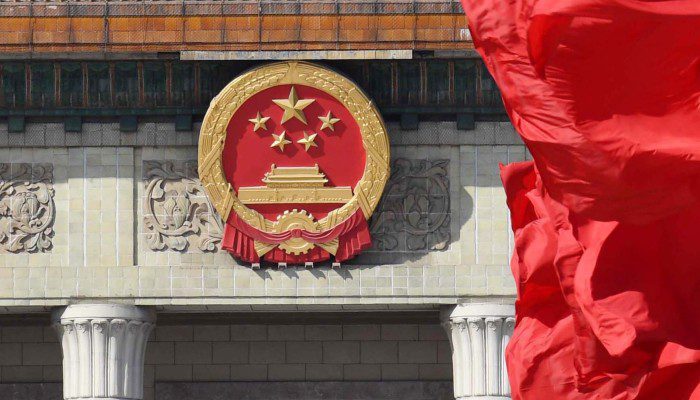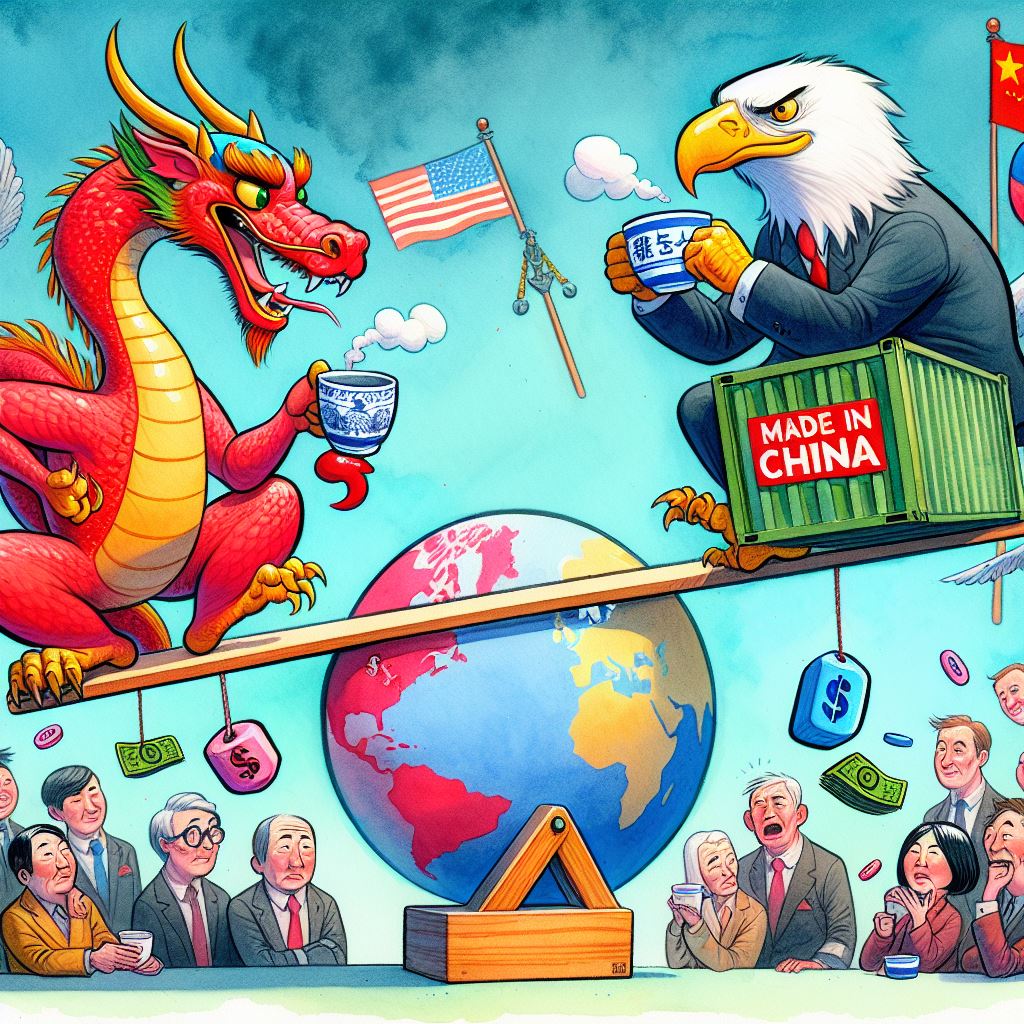Business entry into China opens plenty of market opportunities. The country represents about two-fifths of non-U.S. global GDP. Its available market is larger than the combined sizes of Japan, Germany, and the United Kingdom. On top of that, its economy has also recovered more efficiently than most countries in light of the COVID-19 pandemic. Thus, China’s business market remains positive as it is the first country to recover from the impact of the pandemic.
Have a look at our recent article on Outbound Travel Market Remains Positive for China
However, entering the China market has posed a challenge, even to experienced companies. To those interested to do business in China for the first time, it is recommended to know the major considerations for market entry.
China is a collection of sub-markets.
China embodies sub-markets with different cultures, economic statuses, and demographics that serve as main considerations for businesses. That is to say, you are not actually entering the “China” market, but rather, you are choosing among different Chinese markets. Differences as well in ethnicity, income, language, and wealth contribute to the varying distinct opportunities. Therefore, success in one region does not necessarily translate to the same height of prosperity in another region in China. Coastal regions in China (e.g., Guangdong, Jiangsu, and Shanghai, etc.) have generally greater populations and incomes. Given that, businesses, foreign and domestic alike, focus their attention on investing in these areas.
First-tier cities in China have the most mature market for business entry.
The Chinese government does not recognize the tier ranking or any variations of it. Depending on the expert researching body providing information, some cities might vary as to their classification. However, the gist still follows that the established and widely-recognized Tier 1 Cities in China include Beijing, Shanghai, Guangzhou, and Shenzhen. These are the cities with the highest populations and booming, fast-paced economies, making them the more mature markets. This makes them a good testing ground for companies with limited experience in the Chinese markets. Tier-one cities are also a great place to acquire human resources. Quality talents have been residing in these cities as in the recent past.
Factors to determine China’s top-tier cities
China’s Yicai Global (owned by Yicai Media Group) weighs five indexes to determine which cities make it to China’s top-tier cities. These indexes include:
- The concentration of commercial resources. It indicates the strength of urban commercial activity through the preferential selection of big brands to the city. It shows whether the cities’ commercial core and the development of basic commercial activities are strong.
- City as a hub. That is the city as a series of accessible networks. This takes into consideration the number of high-speed train stations and their frequency as well as accessibility, the number of airports and their civil aviation standards, logistics efficiency, etc.
- Urban residents’ activity. This measures the cities’ residents’ nightlife, the number of bars and live houses, online social network activity, TikTok users’ activity, nighttime movie activity, etc.
- Lifestyle diversity. This involves the choices that the population of the city may have access to such as restaurants, sports venues, museums, cafes, books and movies consumption, etc.
- Future potential. As the name suggests, this measures the number of startup companies and platforms, air quality index, young-people index, previous GDPs, etc.
Mature markets have gone past the growth stage leaving companies with excess inventory or capacity. It is then that new companies can come into the scene to deter the slowing growth of mature markets and prevent them from transitioning to a declining phase. Innovations in these markets are also highly competitive although consumers welcome their respective developments. However, with the emergence of “new first-tier cities”, possibilities are still endless.
Potential investors need to analyze the emerging cities more closely if they wish to consider other cities depending on whether their status might go up (or down) in time.
Learn about the QFII Scheme and Why It is Important to Investors in China
Emerging economies for market entry in China
There are fifteen cities that have made it to the 2020 China’s List of Emerging First-Tier Cities. These cities include Chengdu, Chongqing, Hangzhou, Wuhan, and Xi’an, among others. Foshan, a city in Guangdong Province, is relatively new to the list since it has become a magnet for migrant workers. They are non-native of the city who come to live and work in Foshan or practice their profession.
Fresh graduates and other talents have been leaving big cities and heading to more suitable places. Such places include cities where they graduated, or regional central cities, and emerging first-tier cities. It is beneficial to consider these cities and determine if they are a good match for your business or not. Each city is known for some sort of specialization area. For example:
- Beijing is China’ political, educational, and cultural capital;
- Shanghai’s port is said to be the largest in the world, and China’s wealthiest city, and an important transportation hub in the country;
- Chengdu is famous for its automobile and mechanical industries, as well as its IT and food processing industries;
- Hangzhou has been considered as one of the best commercial cities in China and it is home to internet giants such as Alibaba;
- Wuhan is one of the nation’s leaders in innovation as it hosts several scientific and technological development zones.;
- Dongguan has become a significant electronics manufacturing hub especially with Huawei’s presence in the form of its data center has been moved there.
China’s entry into the WTO in 2001
China’s decision to join the World Trade Organization (WTO) was a major strategic move to modernize and globalize what was once a closed economy. Although many industries are still regulated with somewhat strictness, the membership itself signified that China was ready to embrace the world. It has opened up the country’s market for increased international trade (import/export) and foreign investment. Since then, China has lowered its tariffs for imports, foreign firms are now allowed to sell directly in the domestic scene without having to go through Chinese trade organizations. Furthermore, the Chinese government has allowed for more foreign competitors to do business in the telecommunications and finance sectors.
Those who are not in favor of joining the WTO believe that membership in it favors the developed countries more than the developing countries themselves. China is still considered a developing country according to the standards of the World Bank and the United Nations, albeit the largest one at that. Despite this fact, China is still the world’s second-largest economy, shadowing only the U.S. However, for WTO purposes, members self-classify themselves and China has classified itself as a developing country. Thus, it has allowed itself to some “Special and Differential Treatment provisions” from the WTO. This refers to the allotment of more time to implement measures intended for global trade advancements including regulations and agreements.
China market entry considerations
In-house and in-site research
Research is probably the first thing one has to consider before diving into business in China. Desk research these days from the comforts of your home country will be relatively rich on its own. This is because there are now numerous resources that are available online about China. Individuals or teams from within your company may carry out initial research online. The research can then be used to determine the nature and size of the market opportunity. Experienced market research company in-site (offices in China) for Chinese-language desk research and market interviews can use the research for benchmarking so as to measure future economic performance.
First-to-file systems
Intellectual Property Rights (IPR) generally pertain to patent, trademark, copyright, and trade secrets. China is infamous for intellectual property infringement especially that of Patents and Trademarks. This is so because unlike in the U.S., protection is not afforded to the first creator or original marketer of the product. The law stipulates that protection is rather given to the first entity or individual that filed through the correct respective agencies. Further, companies may deem it necessary to submit several applications to ensure protection in each product class (or subclass).
The right entry vehicle
Choosing an entry vehicle is the most crucial decision for a business when entering as a business unit in China for the first time. There are three types of business structures allowed in China including Wholly Foreign-Owned Enterprise (WFOE), Joint Venture, Representative Office.
If partnering with another firm, practicing due diligence is but necessary to authenticate your possible partners and employees. Some established firms in China have due diligence practice services that go beyond standard asset and liability review. If you wish to conduct due diligence with a company in China, contact us to assist you. We offer partial and holistic due diligence solutions throughout the life-cycle of the transaction process. We can help you assess the real company value, exposes potential weaknesses, and uncover hidden opportunities toward effective acquisition negotiations.
Conclusion
It is vital for companies to be able to have basic information on what to expect upon entering the China markets. Choosing the “perfect” location, digging up useful materials for research, and having the right contacts to ease you into China’s business culture and laws are among the many things one has to take into consideration.
Moreover, other considerations such as viable logistics options, appropriate platforms, language barriers, government regulations, etc. must be considered once the basic challenges have been hurdled. Therefore, in China or in any other setting, continuous research and teaming up with a reliable professional team are imperative to one’s success in market entry decisions.
Contact us
S.J. Grand provides advisory on setting up a business in China. We put our competent team at your service to give you the most effective China market entry and tax optimization strategy. Contact us to get you started.
Moreover, we have been at the forefront of promoting full automation of business operations, especially for startups and SMEs. We have introduced our Cloud-based advanced solution, Kwikdroid, to make business transactions easier with us, no matter what type or size of the company. Visit our Kwikdroid page to learn more about the services we offer.
You may be interested to read about how to manage your company remotely using the advantages of Kwikdroid. Check it out!







